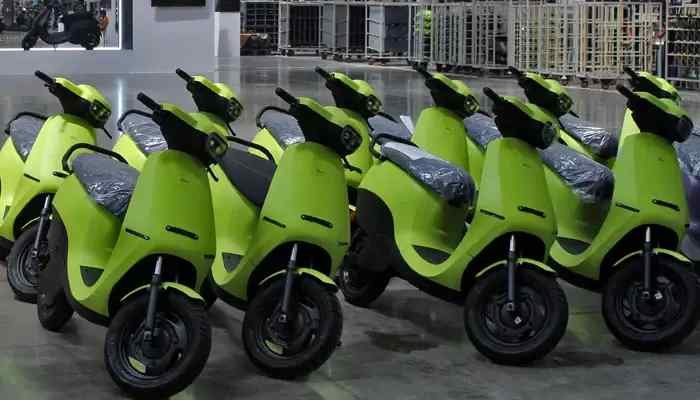Pakistan is set to see a wave of new two- and three-wheelers hit its roads as JW Group begins local assembly in collaboration with China’s Jiangsu Jinpeng Group, one of the world’s largest manufacturers of electric tricycles. The production line, based in Lahore, will roll out both electric and fuel-powered models, targeting a market that’s increasingly tilting toward affordable mobility options.
From MG Cars to Two-Wheelers: JW Group Expands Its Portfolio
JW Group isn’t new to the auto sector. It already partners with SAIC Motor under the MG JW Automobile venture, which introduced MG cars to Pakistan. This new deal with Jinpeng signals a strategic shift toward lighter vehicles. The partnership combines JW’s existing infrastructure and dealer network with Jinpeng’s designs and technical expertise, creating a setup aimed at both the domestic market and future exports to South Asia.
Why Jinpeng Matters
Jinpeng isn’t just another Chinese manufacturer. With multiple production hubs across China and a vast patent library, the company dominates the electric tricycle segment globally. Its focus on mass-scale light vehicle production aligns well with Pakistan’s need for affordable, efficient, and road-ready solutions. Jinpeng has also committed to tailoring models to suit local conditions, a crucial step given the diverse road quality and usage patterns in Pakistan.
Electric or Gasoline? Why Both Options Count
Instead of going all-in on electric, the companies plan to offer both gasoline and EV variants. Executives say this dual approach acknowledges Pakistan’s current realities—where demand for EVs is growing but infrastructure and price sensitivity remain barriers. By assembling vehicles locally, they expect to cut costs, shorten delivery times, and make financing options accessible through dealerships, lowering the entry barrier for buyers.
A Market on the Verge of Transformation
Pakistan’s electric two-wheeler market is showing strong year-on-year growth, with scooters and bikes gaining traction as fuel prices remain volatile. Industry watchers believe that local assembly could accelerate adoption by addressing two critical issues: affordability and after-sales support. Beyond consumer benefits, the move could also create jobs in assembly, servicing, and supply chain roles.
Beyond Local Sales: Eye on Exports
Company leaders stress that this is more than just a domestic play. Once production scales up and quality benchmarks are met, Pakistan could position itself as an export hub for light vehicles in South Asia. Building a wider ecosystem—covering parts suppliers, technician training, and nationwide sales networks—is central to that vision.
